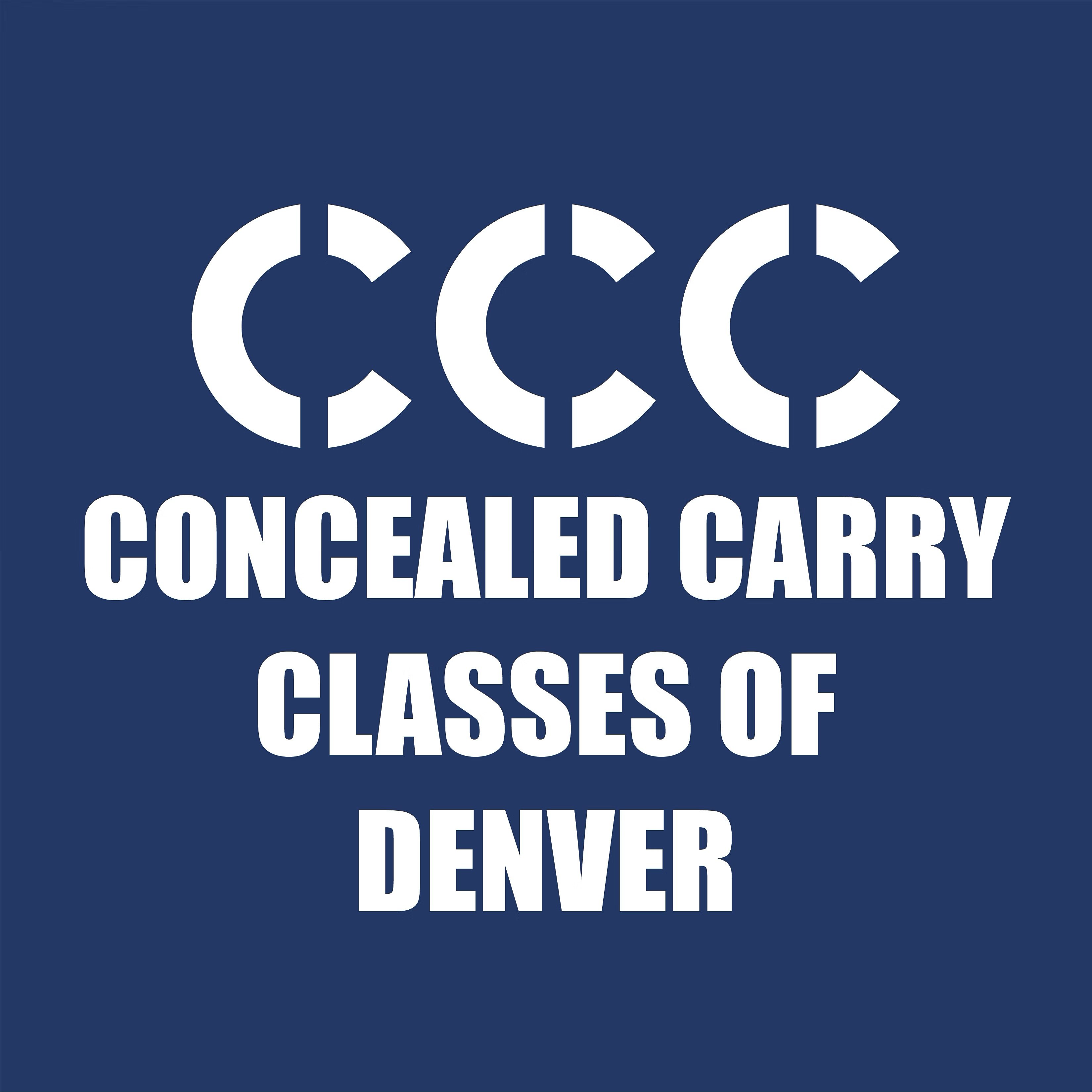Understanding Imminence in Colorado’s Self-Defense Law
For Colorado gun owners and Concealed Handgun Permit (CHP) holders, understanding the legal landscape surrounding self-defense is paramount. Central to this understanding is the concept of “imminence” as outlined in Colorado statute 18-1-704, which governs the use of physical force in defense of oneself or others. This article aims to dissect the nuances of this statute, focusing on the lawful use of deadly force in situations where there is an imminent and unavoidable danger of death or serious bodily injury.
Legal Framework
Colorado statute 18-1-704 provides the legal foundation for the use of physical force in self-defense. It stipulates that an individual is justified in using physical force to defend themselves or a third person from what they reasonably believe to be the imminent use of unlawful physical force by another. However, the statute also sets clear boundaries on when deadly physical force may be employed:
Deadly physical force is permissible only when the person reasonably believes that a lesser degree of force is inadequate, and they or another person are in imminent danger of being killed or suffering great bodily injury. It further extends to situations where an individual is defending against physical force used during the commission or attempted commission of burglary, kidnapping, robbery, sexual assault, or assault as defined within the statute.
The Principle of Imminence
The principle of imminence is critical in self-defense cases. It refers to the immediate and unavoidable danger of death or serious bodily injury. For a defense to be considered lawful under Colorado law, the threat must be happening now or be about to happen in an instant. This immediacy element ensures that the use of force is a last resort, only employed when no other options for de-escalation or escape exist.
Reasonableness and Prudence
The law requires that the force used in self-defense be both reasonable and prudent under the circumstances. This means that the response to the threat must be proportionate to the level of danger faced. The determination of what constitutes reasonable force considers what an average person, with a similar level of knowledge and in the same situation, would deem necessary.
Avoiding Provocation
Importantly, Colorado’s self-defense law emphasizes that the right to use force does not apply to individuals who provoke the aggression. If a person instigates a conflict with the intent to cause bodily harm or death, they cannot claim self-defense under this statute. Furthermore, if an individual is the initial aggressor, they must make a clear attempt to withdraw from the encounter and communicate this intent to the other party. Only if the other party continues to threaten or use physical force does the right to self-defense renew.
Distinction from the “Make My Day” Law
It is crucial to distinguish the general self-defense statute from Colorado’s “Make My Day” law (18-1-704.5), which specifically covers the use of deadly force against intruders in one’s dwelling. While both laws address the use of force in self-defense, they apply to different scenarios and have unique requirements and limitations.
Real-World Scenario Examples: Navigating Imminence in Self-Defense
Public Transportation Threat
While riding on public transportation, a fellow passenger becomes violently agitated. They pull out a knife and begin threatening to stab anyone who comes near them. When they turn their attention towards you, stepping closer with the knife raised and making direct threats against your life, the danger to your well-being is both imminent and unavoidable. The law recognizes the use of force in this moment as a necessary measure of self-defense, given the immediate threat to your safety.
Aggressive Confrontation in a Parking Garage
You are walking through a parking garage when suddenly someone aggressively confronts you, demanding your wallet while threatening to harm you with a visible metal pipe. The individual steps closer, raising the pipe in a threatening manner, clearly indicating their intent to strike if you do not comply. The immediacy of the threat, coupled with the visible weapon, puts you in an imminent danger of serious bodily harm, justifying the use of self-defense to neutralize the threat and protect yourself.
Road Rage Incident on a City Street
During a commute, you’re involved in a minor traffic incident that quickly escalates into a road rage situation. The other driver exits their vehicle at a red light, approaches your car aggressively, and starts pounding on your window with a tire iron, threatening to harm you. The immediate threat of violence, underscored by the weapon and aggressive behavior, constitutes an imminent danger to your safety. Under these circumstances, employing self-defense measures to protect yourself from the potential for serious injury aligns with the principles set forth in Colorado’s self-defense statute.
Conclusion
For Colorado gun owners and CHP holders, a deep understanding of the state’s self-defense laws, particularly the concept of imminence, is essential. By recognizing the conditions under which the law justifies the use of physical and deadly force, individuals can ensure their actions remain within legal bounds while protecting themselves and others. Always remember, the use of force in self-defense is a serious responsibility, accompanied by legal and moral considerations. In all instances, it’s advised to seek legal counsel when involved in a self-defense situation to navigate the complexities of the law effectively.
Legal Disclaimer
This article is intended for informational purposes only and does not constitute legal advice. The information provided herein is a general overview of Colorado’s self-defense laws as they pertain to the concept of imminence and is not a comprehensive legal analysis. Laws and interpretations of those laws can vary widely based on the specific facts of each case and may change over time. Readers are advised to consult with a qualified attorney for advice on specific legal issues related to self-defense and the use of force in Colorado. The authors and publishers of this article disclaim any liability, loss, or risk incurred as a consequence, directly or indirectly, of the use and application of any of the contents of this article.


